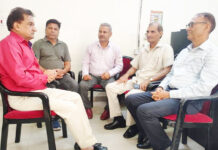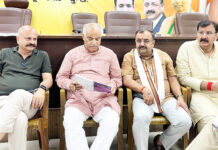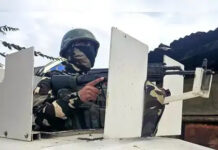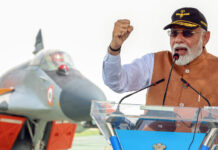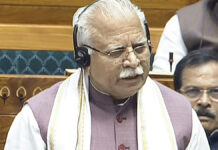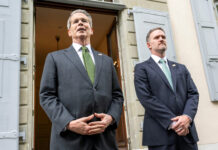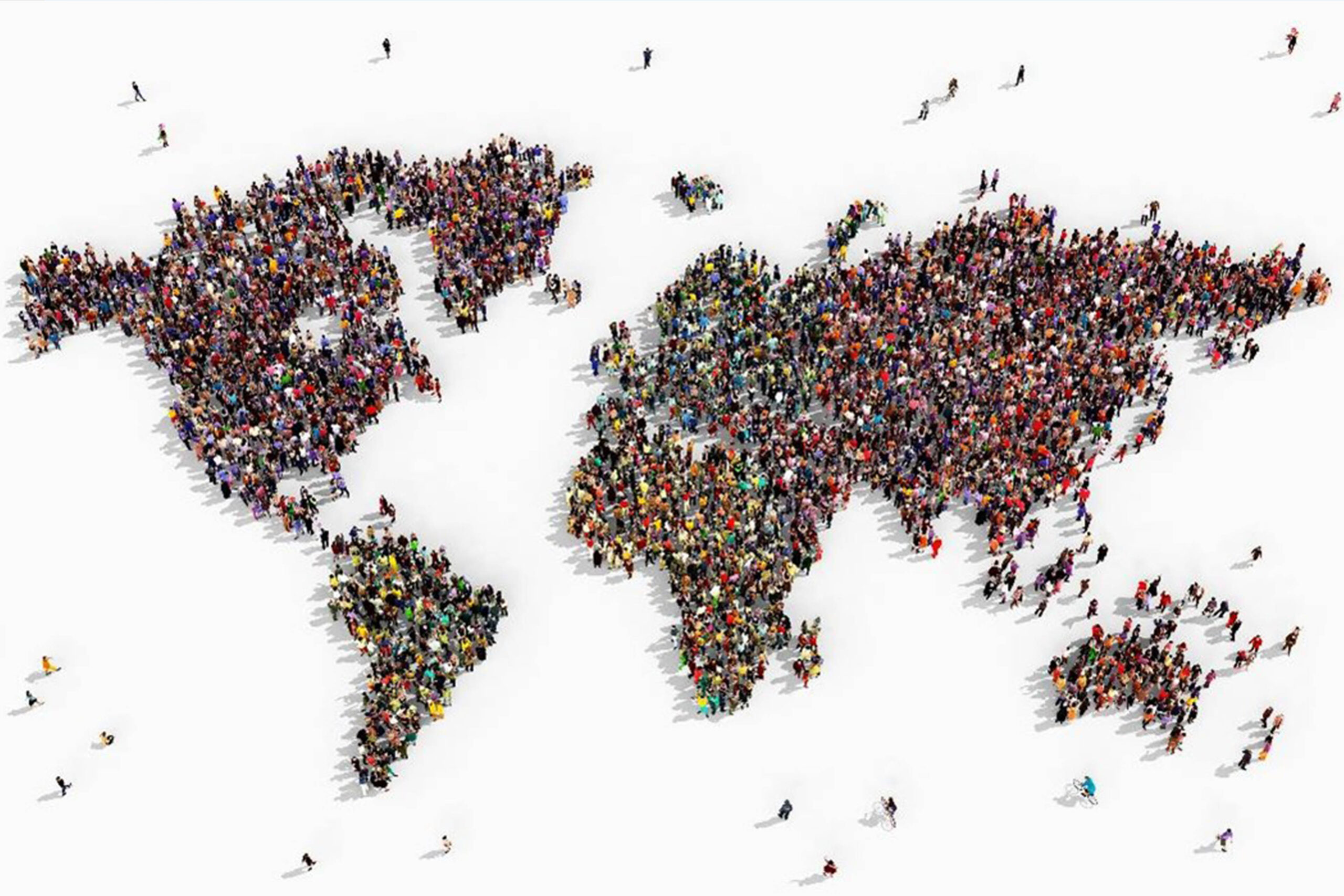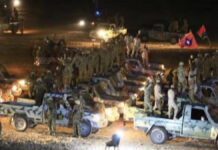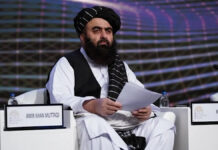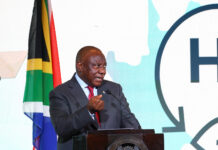The United States on Thursday sought from India a “roadmap” to political and economic normalcy in Kashmir and immediate release of all political detainees as it asked Pakistan to take “sustained and irreversible” steps against militants and terrorists in its territory. Most of the top level and second rung separatist politicians of Jammu and Kashmir have been taken into preventive custody while mainstream leaders, including two former chief ministers — Omar Abdullah and Mehbooba Mufti, have been either detained or placed under house arrest in view of the Centre’s decision to revoke special status to Jammu and Kashmir and splitting the state into two Union Territories. “We continue to press for the release of detainees for the full restoration of everyday services, but most importantly, for roadmap to the restoration of political and economic normalcy,” said Acting Assistant Secretary of State for South and Central Asia Alice G Wells. The US remains “deeply concerned” about the situation in the Valley where daily life of nearly eight million residents has been severely impacted since the decision to revoke Jammu and Kashmir’s special status and to “detain without charge” political leaders and restrict communications, Wells said in an interaction with reporters at Foggy Bottom headquarters of the State Department. “We’ve seen progress for example four million postpaid mobile phone users have had service restored, but SMS and internet is restricted,” she said. Internet services across all platforms continued to be snapped in the Valley since the night of August 4, hours before the Centre announced its decision to abrogate Article 370 provisions that gave special status to Jammu and Kashmir and split the state into two UTs, officials in Srinagar said. The internet services were snapped along with mobile and landline telephone services. While the landline telephone services were restored gradually first, the postpaid mobile services were restored only last week. The prepaid services continued to remain barred. Noting that journalists have extensively covered developments in Kashmir, Wells said the role of some of the international reporters have been particularly important, but journalists continue to face challenges in access while reporting due to the security restrictions. Wells said terrorist groups like Lashkar-e-Taiba, Jaish-e-Mohammed and Hizbul Mujahideen “obviously are the problem”. “In this vein, we welcome (Pakistan) Prime Minister (Imran) Khan’s unambiguous statement in September that anyone who crosses from Pakistan to carry out violence in Kashmir are enemies of both Pakistan and the Kashmiri people,” she said. “The constructive dialogue that we’d like to see between India and Pakistan must be based on Pakistan taking sustained and irreversible steps against militants and terrorists in its territory,” Wells said. President Donald Trump and Secretary of State Mike Pompeo have met and spoken with their Indian and Pakistani counterparts multiple times and all sides have the responsibility to create the conditions in Kashmir for dialogue including avoiding heated and unhelpful rhetoric, she said.

Dogra Herald is the media of J & K, breaking language and geographical barriers, connecting J & K to the rest of India.
0191 245 4946
info@dograherald.com
Latest articles
BSNL employee unions call for nationwide hunger strike
iamjkstarr - 0
State -run telecom firm BSNL's employee unions have called for a nationwide hunger strike today, to protest against delay in execution of the Rs...
PAOK beat Eintracht Frankfurt in Europa Conference League
London, Dec 1PAOK sealed top spot in UEFA Conference League Group G after second-half goals form Tomasz Kedziora and Andrija Zivkovic saw...
Police distributes school uniform, bags among needy students
iamjkstarr - 0
District Police Udhampur distributed school uniforms, bags and shoes among the school children of various schools under the jurisdiction of Latti Police Station. The...


